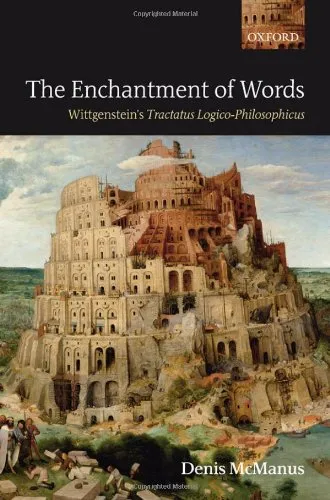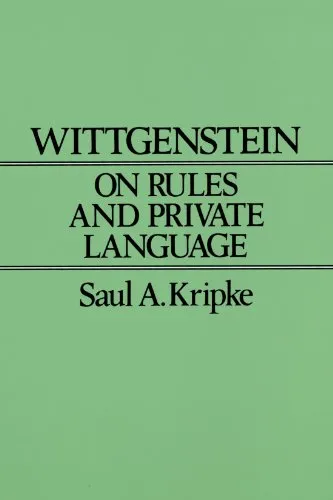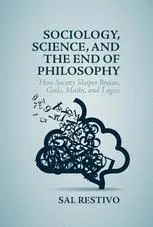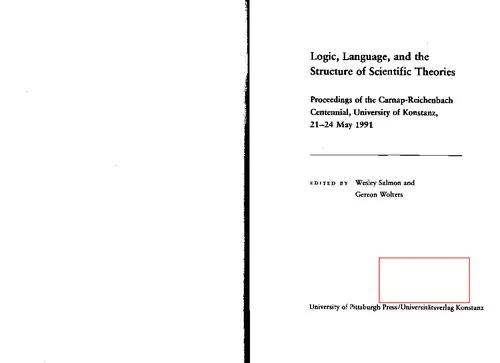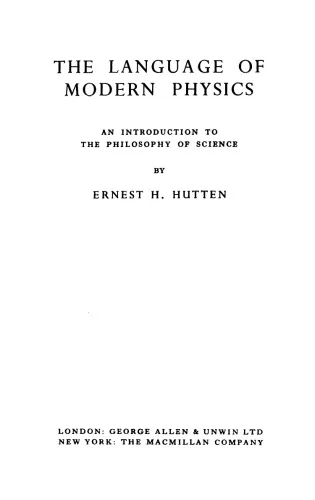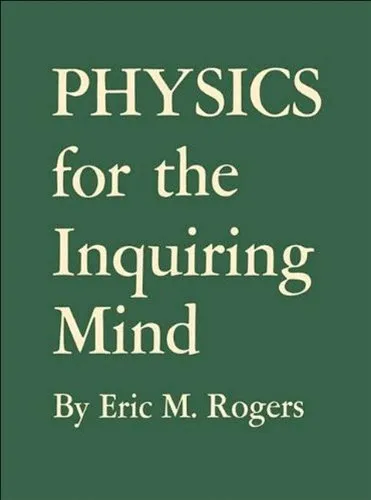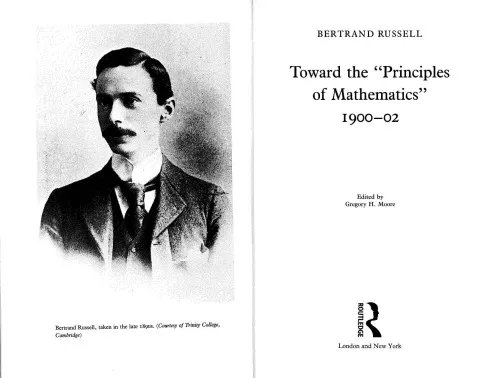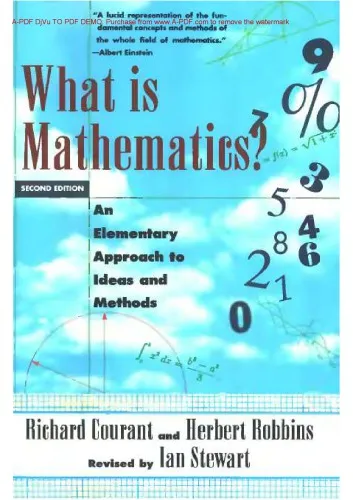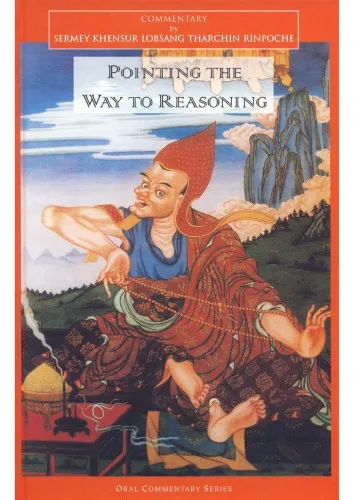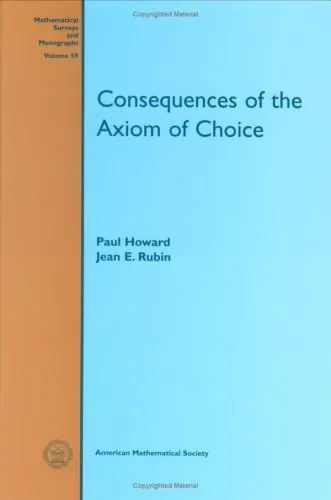The Enchantment of Words: Wittgenstein's Tractatus Logico-Philosophicus
4.0
Reviews from our users

You Can Ask your questions from this book's AI after Login
Each download or ask from book AI costs 2 points. To earn more free points, please visit the Points Guide Page and complete some valuable actions.Related Refrences:
The Enchantment of Words: Wittgenstein's Tractatus Logico-Philosophicus takes readers on an intellectual journey through one of the most influential philosophical texts of the 20th century. This book offers a comprehensive analysis of Ludwig Wittgenstein's seminal work, exploring its intricate arguments and profound implications on the fields of logic, language, and philosophy.
Detailed Summary of the Book
The Enchantment of Words delves deeply into Wittgenstein's Tractatus Logico-Philosophicus, a book that fundamentally altered the landscape of analytic philosophy. The text is presented as a series of numbered propositions, each building upon the previous to create a complex network of ideas. Denis McManus expertly unpacks these propositions, making Wittgenstein’s dense and enigmatic writing accessible to modern readers.
One of the book's core themes is Wittgenstein's exploration of the limits of language. McManus argues that Wittgenstein sees language as a mirror that reflects the world, yet it is also bound by logical constraints that limit what can be meaningfully said. This central theme leads to discussing the nature of reality and how language can both illuminate and obscure our understanding of the world.
McManus also examines Wittgenstein’s notions of "showing" versus "saying," demonstrating how the Tractatus suggests that certain truths can only be shown, not articulated. This distinction is crucial for understanding Wittgenstein’s approach to ethics, metaphysics, and the mystical. The book further explores Wittgenstein's impact on logical positivism and the Vienna Circle, as well as how his ideas continue to resonate within contemporary philosophical discourse.
Key Takeaways
- The limits of language are central to understanding human experience; what we can say meaningfully is bound by logical structure.
- Linguistic representation mirrors the world, thus structuring our understanding of reality.
- Some aspects of life, like ethics and metaphysics, transcend language and can only be 'shown' rather than 'said'.
- Wittgenstein's work laid the groundwork for later philosophical movements, challenging philosophers to consider the boundaries of language and thought.
Famous Quotes from the Book
"The limits of my language mean the limits of my world." – Wittgenstein famously stated, capturing the essence of his exploration into language and reality.
"Whereof one cannot speak, thereof one must be silent." – This quote underscores the Tractatus's central thesis about the limitations of language.
Why This Book Matters
The Enchantment of Words is an essential read for anyone interested in the intersection of language, thought, and reality. Denis McManus's work not only demystifies Wittgenstein’s complex ideas but also situates them within a broader philosophical context. This book is particularly valuable for students and scholars of philosophy, as it bridges the gap between dense theoretical ideas and practical understanding.
By exploring Wittgenstein's insights, readers can better appreciate how language shapes our experience and limits our knowledge. The discussions within The Enchantment of Words extend beyond philosophy, impacting fields such as cognitive science, linguistics, and even artificial intelligence. Ultimately, this book underscores the enduring influence of Wittgenstein's Tractatus, prompting readers to reflect on the power and limits of words in shaping their views of the world.
Free Direct Download
You Can Download this book after Login
Accessing books through legal platforms and public libraries not only supports the rights of authors and publishers but also contributes to the sustainability of reading culture. Before downloading, please take a moment to consider these options.
Find this book on other platforms:
WorldCat helps you find books in libraries worldwide.
See ratings, reviews, and discussions on Goodreads.
Find and buy rare or used books on AbeBooks.
1390
بازدید4.0
امتیاز0
نظر98%
رضایتReviews:
4.0
Based on 0 users review
Questions & Answers
Ask questions about this book or help others by answering
No questions yet. Be the first to ask!
